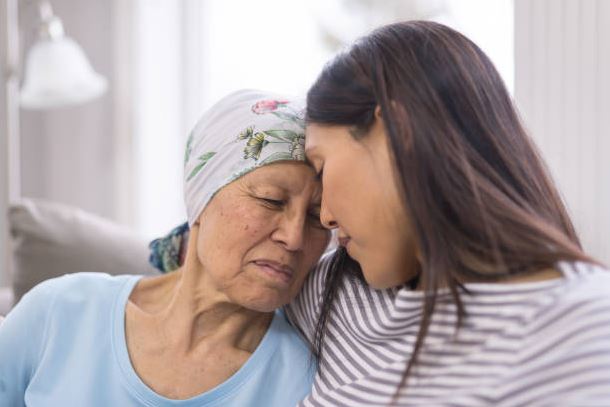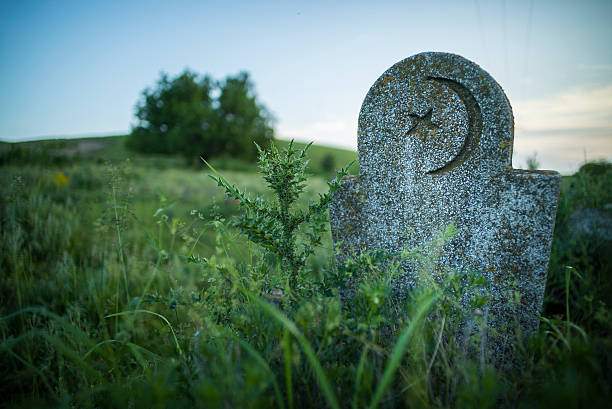Cremation services Willoughby Hills, OH, let you say goodbye to your loved one, but a memorial can’t get rid of your grief. Grief is a process that every one of us has to endure whenever we lose someone close to our heart. Grief indeed isn’t a linear process and everyone grieves in his own way, but research shows various similarities in how different people deal with grief.
Dr. Kubler-Ross’s Stages of Grief
After conducting comprehensive research on terminally ill patients, Dr. Elisabeth Kubler-Ross concluded that grieving persons undergo five major stages of how people deal with grief, which include:
- Denial
- Anger
- Bargaining
- Depression
- Acceptance
It is pertinent to mention that an individual may experience these stages in any order – or not experience any stages at all. Also, the duration of each stage varies from person to person.
Stage 1: Denial
Denial is the initial reaction to the loss of a loved one. “No, this can’t be happening; you must be joking” or “I don’t believe it” are, mostly, the first words uttering from your mouth when you hear the news of the death of someone special.
This phase accompanies shock and the feelings of numbness as you try to cling to a false hope that the news might be wrong. Denial is our body’s natural defense mechanism to cope with overwhelming emotions of grief and sorrow, or one may say, “softening of the blow” by the brain.
Stage 2: Anger
For most people, denial lasts only for a few minutes as our brains start to accept reality and we become emotionally aware of the fact that the loved one has left us forever. That’s where the thoughts of “Life isn’t fair with me” or “Why me” begin to engender in our minds.
This phase may last from several hours to a few months to beyond, as the bereaved blames/gets angry at himself, others, or even God for the death of the loved one. It may sound irrational to many but Anger is an inherent feature of grief.
Sometimes, the bereaved may have to seek professional support to prevent them from harming themselves or those around them.
Stage 3: Bargaining
Bargaining is when you try to make a deal with God in exchange for spending more time with the loved one.
“What if” statements highlight this phase and it originates from your unconditional love for them – though logically it can’t happen. Kubler concludes that the “feelings of guilt” may also accompany the bereaved.
Stage 4: Depression
Depression is the phase when feelings of indescribable sorrow and loneliness overwhelm you. The pain, the hollowness you feel in life in the absence of the loved one makes even the small daily tasks seem insurmountable to you and you seek to refugee in isolation and memories.
This phase may last from several weeks to months, to forever, if a healthy routine is not adopted.

Stage 5: Acceptance
Kubler argued that acceptance is the last stage of grief where the person accepts the reality that the loved one is never coming back. Your emotions begin to stabilize and you get back to normal life.
However, this phase doesn’t signify that you have forgotten the loved one, you still experience sorrow and grief but have managed to cope with them and move on. Attending or planning cremation services Willoughby Hills, OH, may help you with your grief.







